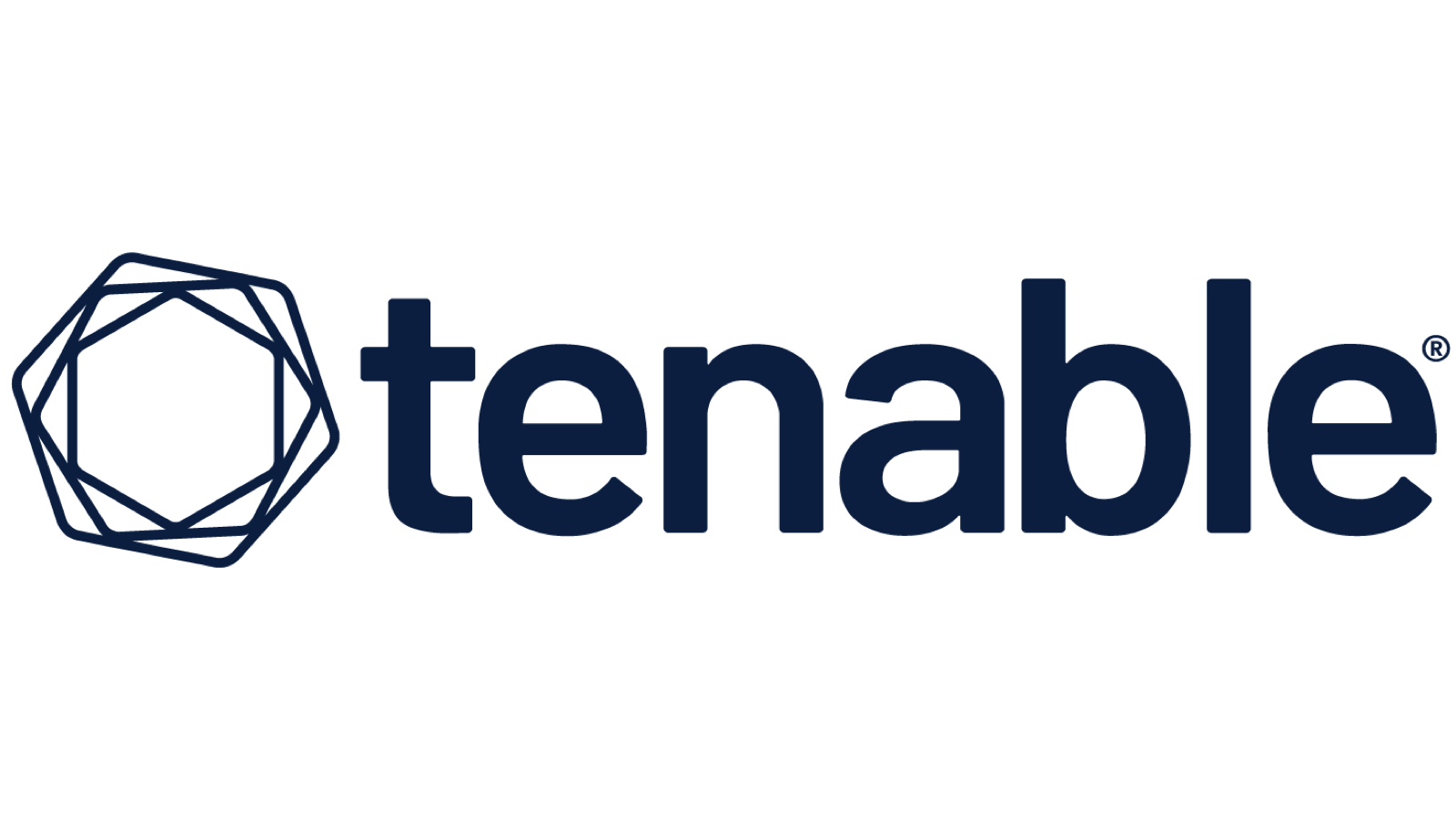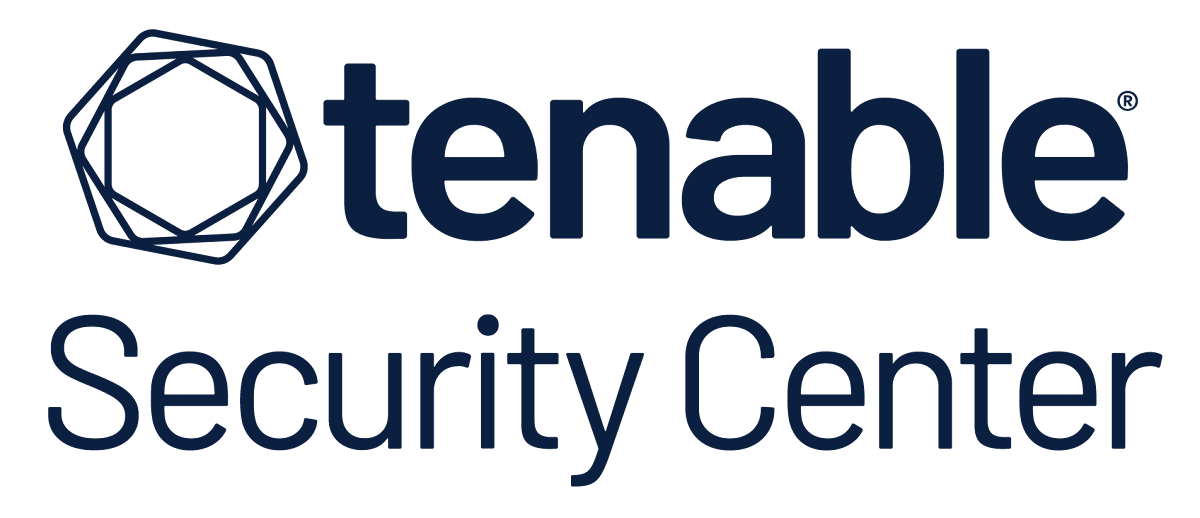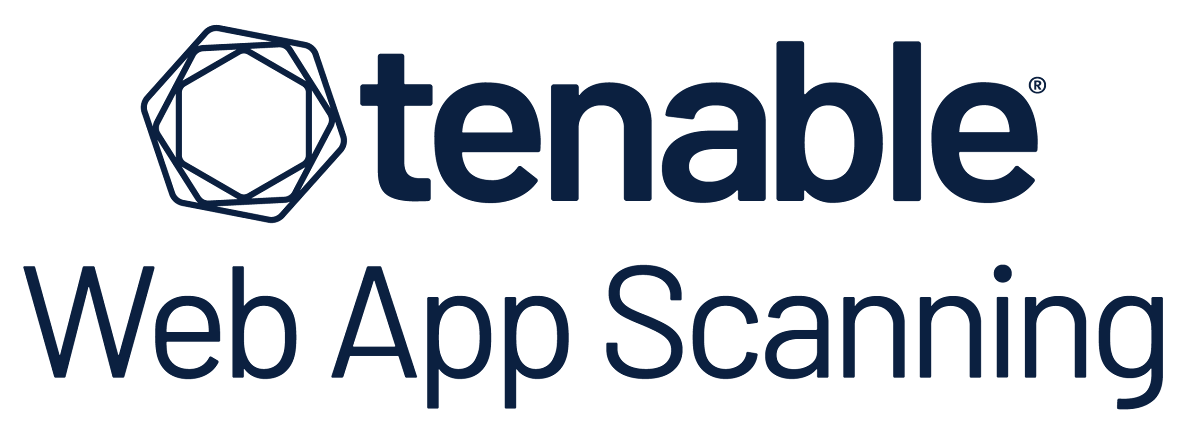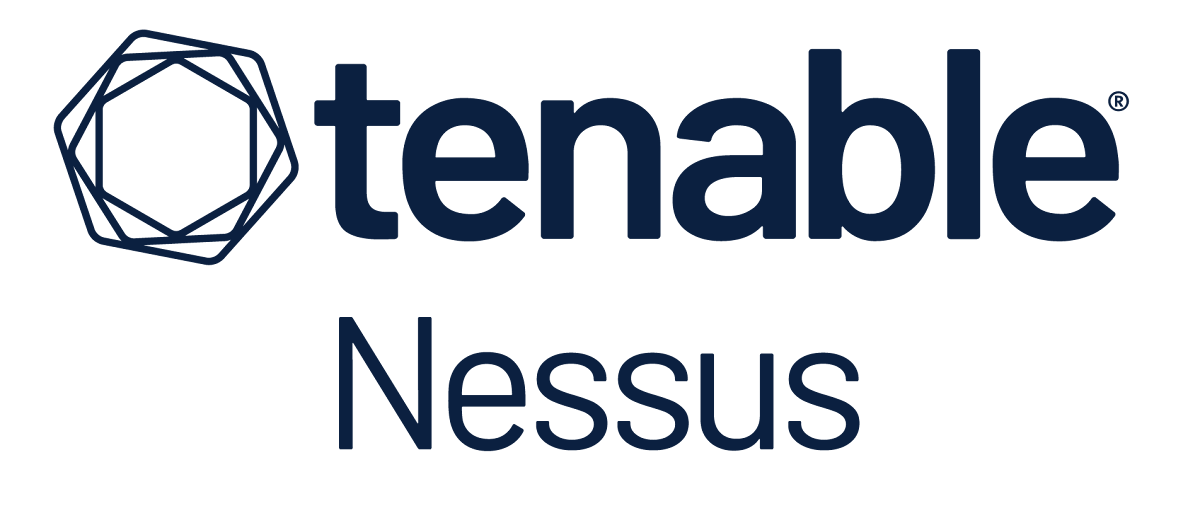
Overview
Tenable Cloud Security is an award-winning, actionable cloud-native application protection (CNAPP) and infrastructure security solution.
Tenable Cloud Security uses an identity-first approach to automate cloud security posture management (CSPM), cloud infrastructure entitlement management (CIEM), cloud workload protection (CWP), Kubernetes security posture management (KSPM), Data security posture management (DSPM), AI security posture management (AI-SPM), infrastructure as code (IaC) security and more.
Tenable Cloud Security uses advanced analytics to assess, prioritize and automatically remediate risk in your AWS environment. It offers Just-in-Time (JIT) access and automated least-privilege policies integrated in standard workflows. With Tenable Cloud Security, enterprises can harden cloud applications in their AWS environments and address the top risks in IaaS environments: misconfigured identities, access and privileges.
By using Tenable Cloud Security, you can secure the complete lifecycle from development to deployment, boost your team's AWS expertise and accelerate security collaboration with development, DevOps and others.
For custom pricing, EULA, or a private contract, please contact awsMPsales@tenable.com
Highlights
- Discover the compute, identity and data resources in your cloud and get contextualized visibility into how critical resources are accessed.
- Gain the context you need to focus on the priority risks caused by the toxic combination of misconfigurations, excessive entitlements, vulnerabilities and sensitive data.
- Reduce cloud risk by closing priority exposures with top speed and surgical precision. Even if you only have five minutes to spare.
Details
Introducing multi-product solutions
You can now purchase comprehensive solutions tailored to use cases and industries.

Features and programs
Buyer guide

Financing for AWS Marketplace purchases

Pricing
Custom pricing options
How can we make this page better?

Legal
Content disclaimer
Delivery details
Software as a Service (SaaS)
SaaS delivers cloud-based software applications directly to customers over the internet. You can access these applications through a subscription model. You will pay recurring monthly usage fees through your AWS bill, while AWS handles deployment and infrastructure management, ensuring scalability, reliability, and seamless integration with other AWS services.
Resources
Vendor resources
Support
Vendor support
Tenable (the "Supplier") will provide email support ("Technical Support") eight (8) hours per day, five (5) days per week. Technical Support will include any research and resolution activity performed by Supplier. Technical Support requests are made by calling or emailing Supplier's Technical Support staff. The Technical Support staff shall assign to the request the Problem Severity Level (as defined herein) indicated by the requestor.
AWS infrastructure support
AWS Support is a one-on-one, fast-response support channel that is staffed 24x7x365 with experienced and technical support engineers. The service helps customers of all sizes and technical abilities to successfully utilize the products and features provided by Amazon Web Services.
Similar products



![Tenable One [Private Offer Only]](https://d7umqicpi7263.cloudfront.net/img/product/fc7f9b8a-f4f2-4407-a027-40d0a678754f.com/058df30a4d81b0e624593540b0f81503)

Customer reviews
Great tool for vulnerability management, but needs better reporting
Vulnerability management and detection
Integration with other security tools
Automated remediation and security recommendations
Lack of certain security features or tools
Difficulty integrating with other security solutions
Reporting and analytics limitations
Pricing concerns
Compliance and risk management: Ensures compliance with industry standards and reduces risk exposure
Cloud infrastructure visibility: Provides better visibility into cloud security posture across AWS, Azure, GCP, etc.